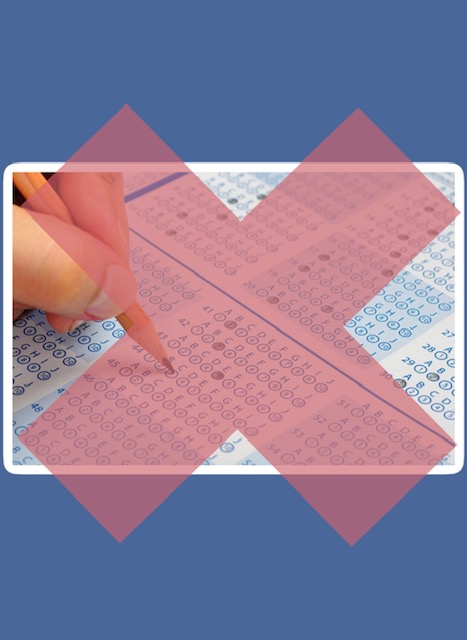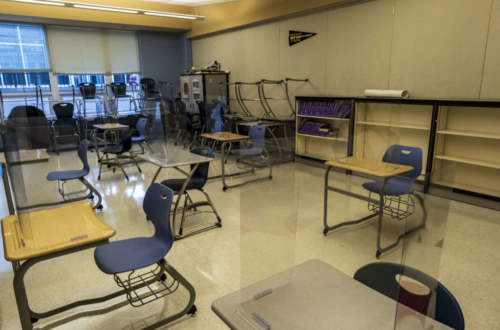Why Colleges Should Further Adjust Testing Requirements for Fall 2021 Applicants
By Lauren Larsen
Picture this:
One morning, days before that fateful Saturday when you have to take the SAT, you get a notification from the College Board through your gmail account. The subject line contains five simple words: “Update Regarding September SAT Registration.” You open the email to learn that your test site has closed and your SAT is cancelled.
You go straight to the group chat with your friends who are fully engulfed in the college application process too. Some also received that email while others still have test dates.
You feel a sense of defeat and worry as you lose the single opportunity you had to bolster your application.
The COVID-19 pandemic has certainly altered the traditional college application process for high school seniors. Writing essays, filling out the Common App, and receiving help from counselors are all tasks that the Class of 2021 has to take on virtually. The abnormal nature of these times has forced colleges to reevaluate their criteria for admissions, one of the primary ones being standardized test scores.
For decades, the SAT and ACT have been huge assets in deciding whether or not a student gains entry into a university. However, most test dates in the spring were cancelled because of the coronavirus; so far this fall, many sites have also closed. Thousands of students do not have a test score because of this.
According to the College Board, who sponsors the SAT, the August 29th test had 402,000 registerees, but at least 178,600 (44% of total) experienced cancellations. For the September 26th one, 334,000 students signed up, but 183,000 (55% of total) of them got cancelled. The October 3rd test was supposed to have 363,000 participants, but 154,000 (42% of total) faced cancellations.
While many colleges have decided to go test-optional–meaning that applicants are not required to submit a score and will not be penalized for it–universities should take an extra step and go test blind to ensure equity.
Test blind means that regardless of whether or not a student has a standardized test score to submit, universities will not consider it when looking over applications.
The University of California and California State University systems both went test blind a few months ago. Other colleges that have also made this step are University of New England, Washington State University, Northern Michigan University, Saint Xavier University, University of Minnesota, Dickinson College, and Catholic University. While these universities made an important policy change for fall applicants, the overall list is quite small.
Across the nation, different students in various regions either had access to a testing site and earned a score or experienced cancellations and have no opportunity to get one. Since this situation is unprecedented and results in disproportionate advantages, all colleges should further modify their testing requirement policies and go test blind.
Universities need to take their blinders off and recognize the criticality of going test blind. It is the only way colleges can ensure that each application they are receiving will be reviewed equally. This is because no student will have an additional measure to be assessed by over another student.
T.C. seniors also have thoughts regarding a test blind policy.
“[I think] test blind is the way to [go]. My SAT was cancelled twice; last week when I got there, they made me [go] back home because of a last minute capacity reduction,” said Ikram Fathi.
“I think that it’s really unfair for schools to judge students based off of whether or not they have taken tests because most students didn’t get the opportunity to do so and are now robbed of it,” said Katherine Donnellan.
“I like the idea of test blind, but also I feel people should submit their scores if they [have and] like it,” said Zaida Calix-Tello. “But then it’s hard to tell if colleges will [favor] those who submitted scores over those who didn’t, which in that case, test blind is better.”
Even if the test can be offered, Michelle Curtis said, “Some students have family relatives and do not want to be exposed to the virus, so they’re being cautious [by not taking the test].”
Colleges should afford students the ability to submit applications equal to those of their peers. Students should not be disadvantaged by a circumstantial occurrence out of their control. While of course the application process is also difficult for admissions officers, colleges must adhere to the needs of their potential new students by going test blind in order to ensure that student evaluations are viewed equally.
COVID-19 has changed the world in so many ways, mostly negatively. Let’s have colleges make a positive change for students by prioritizing fairness over convenience.





